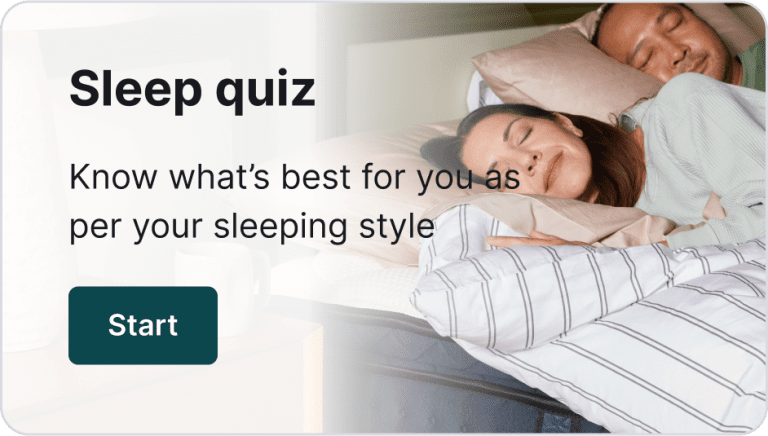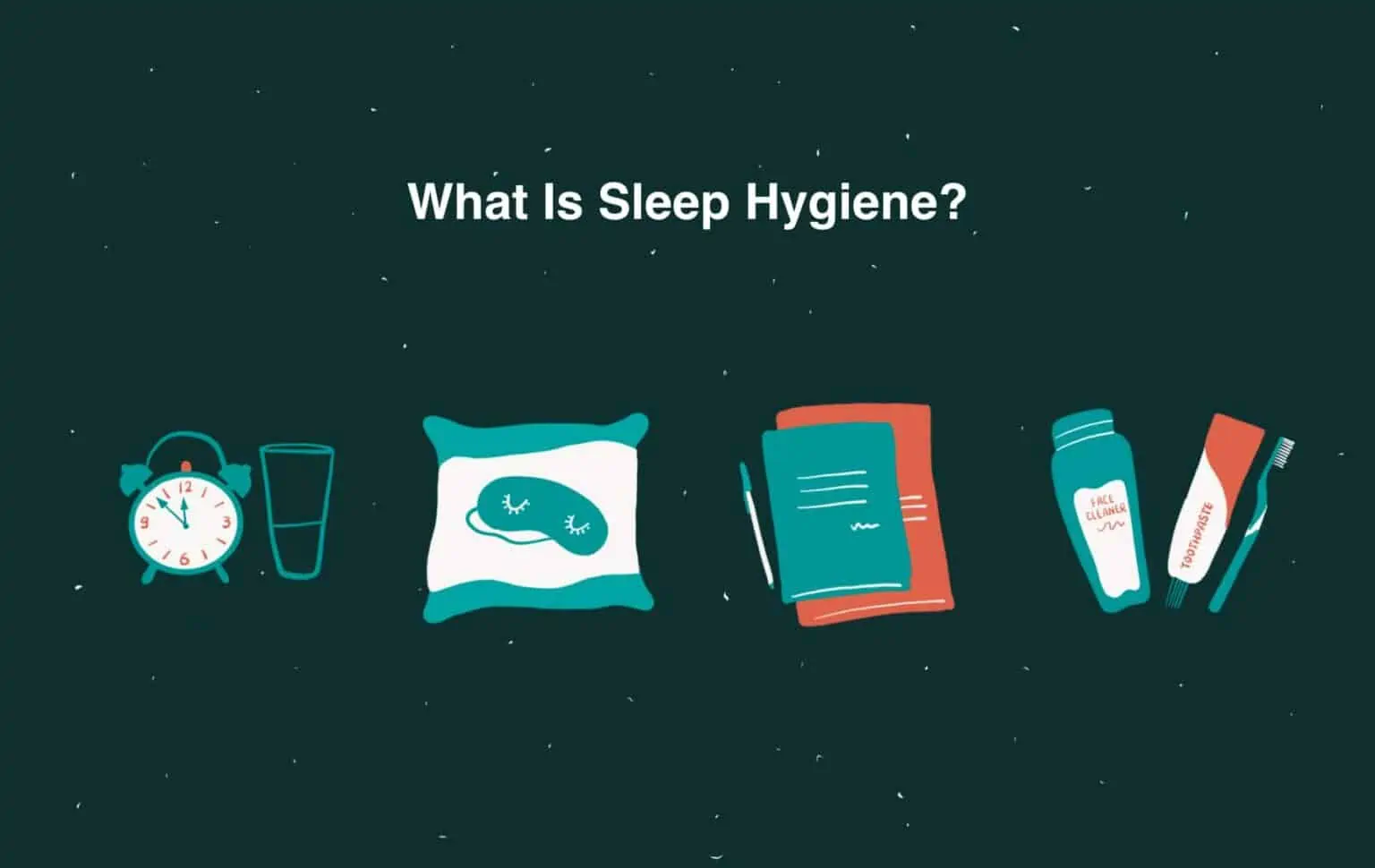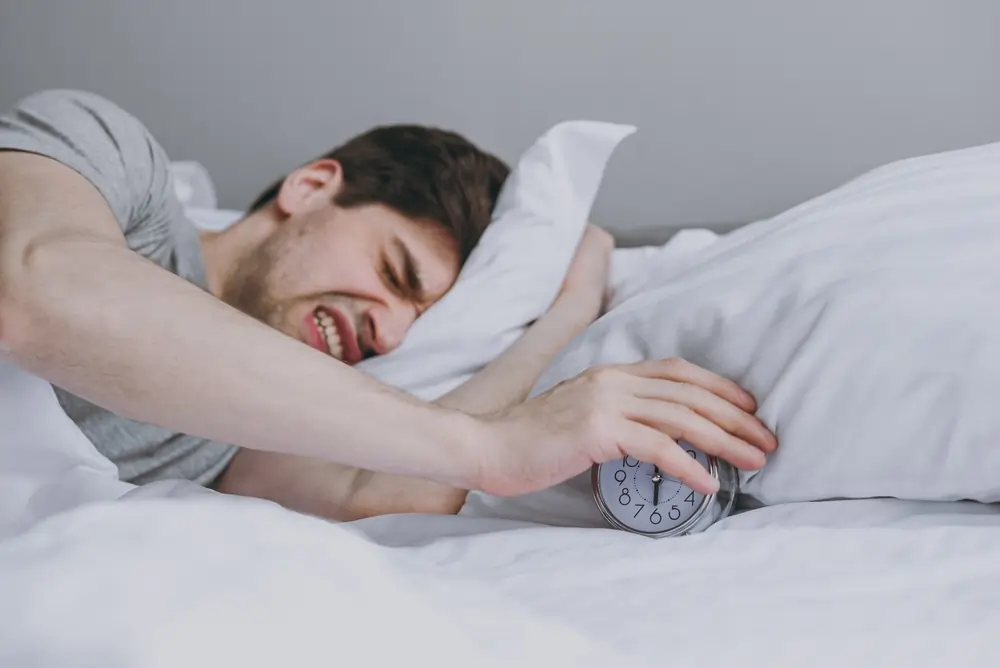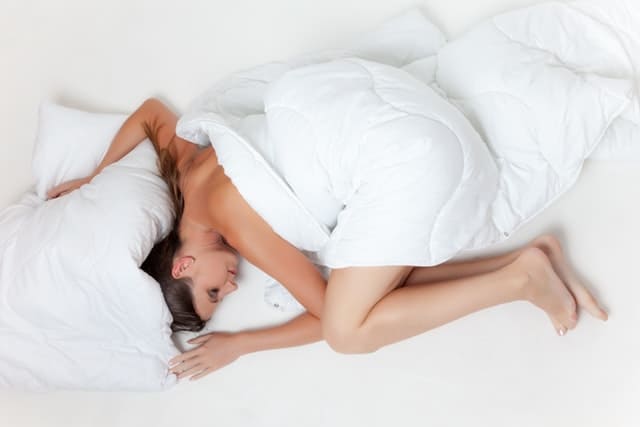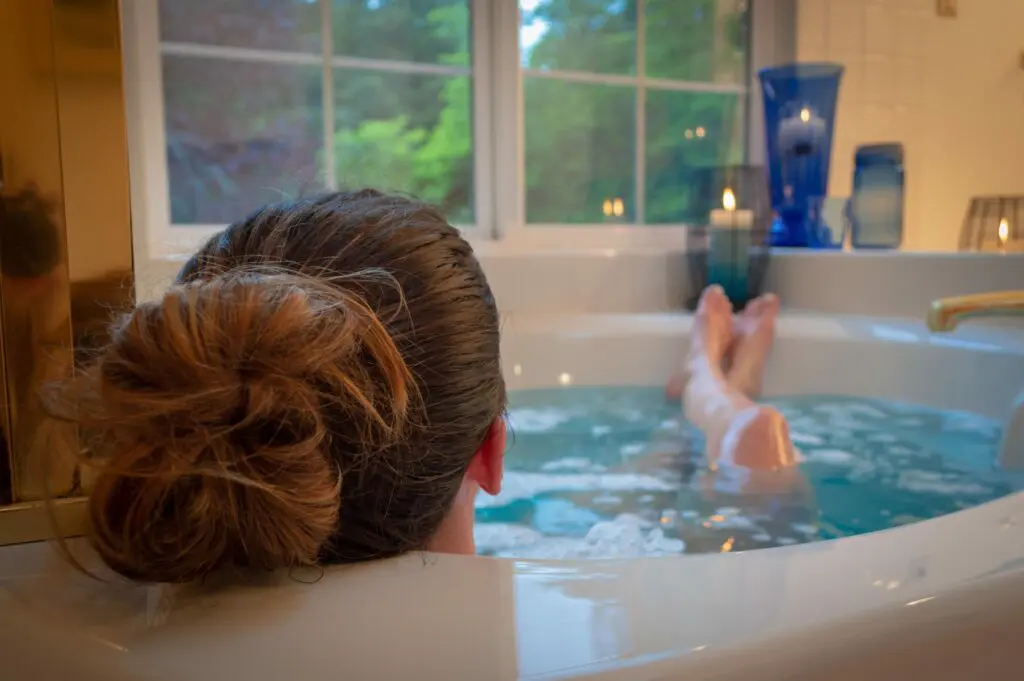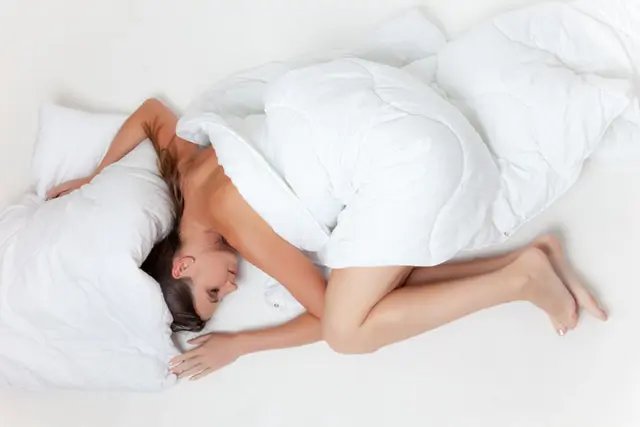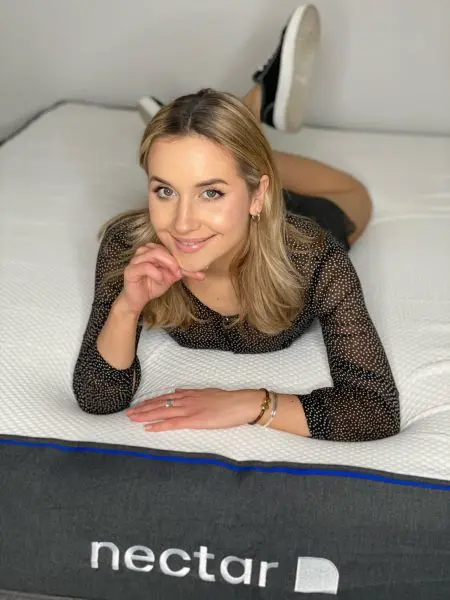Drooling While Sleeping: Causes and 7 Ways to Stop It
Share
Fact checked
Reviewed by experts
Updated
December 15, 2022
Quick read
6 mins to read
List of Content
Waking up to wet patches on the pillow can be a little embarrassing. And let’s admit that we all have experienced drooling while sleeping once in our lifetime. Experts suggest that it is not uncommon to have saliva dribbling from your mouth when you wake up after a night of positive dreams.
But what if this happens more often than usual?
It is okay to slobber a little on your pillow when you wake up. But finding your pillow covers drenched in that drool points out something serious.
The salivary glands are responsible for secreting 3 to 6 cups of saliva daily. But not all that is produced is bad. The saliva has mostly water, essential for invigorating oral hygiene in the first place. It also helps you taste and chew food, fight germs, keep your teeth healthy, and prevent bad odor!
However, much saliva is produced in the daytime when you are awake. So, if you are wondering, “why is my mouth producing so much saliva suddenly at night?”. It might be due to a medical condition called hypersalivation or sialorrhea, which means either your salivary glands are producing too much saliva or there is a disrupting clearance of saliva. So, through this blog, we will walk you through many causes of drooling and suggest how to stop drooling while sleeping.
Is Drooling During Sleep Normal?
Drooling occasionally during sleep is never alarming. How much saliva you produce during the day depends on many conditions, like your circadian rhythm. Even while sleeping, the glands still secrete saliva. So likely, continued saliva production during sleep makes you drool most of the time.
Experts also suggest that drooling while sleeping indicates you had a relaxed sleep last night. There can be instances when drooling in excess can be bad or good.
When is Drooling Good?
REM sleep
Of all the stages of sleep, REM is linked to a higher quality of sleep. The more rapid eye movement you have, the more relaxed you feel when you wake up. One side effect of quality sleep (though positive ) is drooling while sleeping, reflecting your comfort level.
So, the next time you have a good dream and find saliva patches on your pillows, most likely, you slept well last night. Conclusively, drooling little is good for your health, albeit it leads to many impediments, such as dehydration, bad breath, and what not.
Let’s learn why we drool when we sleep!
What causes drooling while sleeping?
Sudden drooling while sleeping is a cause of concern if associated with some medical condition. Sometimes, poor oral and facial muscle control are the common factors. In other cases, the other causes linked to it are:
Sleeping Position
Much like everything else, gravity affects drooling on pillows and how we sleep at night also causes or prevents saliva buildup.
Sleeping in a position face down on the pillows leads to the contortion of the facial muscles, resulting in saliva leaving the mouth. However, it does not necessarily indicate that you have hypersalivation or some medical issues.
Neurological disorders
Often, drooling while sleeping is a common sign of neurological conditions such as cerebral palsy or Parkinson’s, or epilepsy. Even in patients who have experienced a stroke, blood does not flow properly to the brain. If left untreated, this may damage the nervous system, leading to difficulty swallowing or drooling.
More of a byproduct than the sign of the problem, drooling while sleeping remains a troublesome condition.
Sinus-related problems
Another possible reason for excessive drooling while sleeping is the onset of comorbidities in your facial muscles, especially the sinus. This causes too much saliva to be secreted due to impaired swallowing and breathing through the mouth. It is generally because the viruses present in the sinus also affect the back of the throat and other parts of the brain.
GERD
You may be surprised to know that GERD, or Gastroesophageal Reflux Disease, can also be a precursor to salivating in excess. This is because the acid buildup in the stomach moves to the throat while asleep. Also, when you have GERD, the body makes saliva in abundance. So if you are not eating normally, having less sound sleep, and waking up to drenched pillows, it’s the GERD to blame.
Bruxism
Bruxism is a condition in which you grind or clench your teeth during sleep. Drooling when you have bruxism is also related to mouth breathing, as saliva is more likely to drip out with the mouth open during sleep.
Side Effects of Medications
Some drugs may also induce your body to produce more saliva even when awake. The most common include drugs used for Alzheimer’s disease, antibiotics, antipsychotic drugs, etc.
So while taking any such prescription medications, always look for the list of side effects it may come up with. If drooling while sleeping is one such, do not stop taking medications. Instead, check with your doctor about your concern and ask for alternatives if there are any.
How to stop drooling in your sleep?
Swap To A Different Sleeping Position
If you have been sleeping on your stomach or side, it’s time to make some changes. Saliva is most likely to trickle when you face down on your pillow- switching to sleeping on your back might help.
You can start practicing sleeping on your back by changing your mattress according to your sleeping needs or using pillows to ease the tension in your lower back.
Prop Up Your Head
Regardless of your sleeping position, elevating your head also averts drooling while sleeping to an extent. But if you find it unresting initially, begin by finding the right pillow for your new sleeping position.
Research shows that too-high loft pillows may elevate pressure on your cervical spine. So if you prefer sleeping on the back, consider medium loft pillows for an easy transition.
Try Speech Therapy
Speech therapy strengthens your tongue and jaw muscles, thereby enhancing stability. In addition, with speech therapy, your swallowing improves, and you can breathe better with your mouth closed. This, in return, produces less drooling while sleeping.
Get a Mouthguard
A mouthguard is a device you wear in your mouth when you sleep. Intended to protect you from teeth grinding, it also helps address snoring and drooling. Although you may initially find yourself drooling more, remember that this is normal as your mouth will calibrate to the feeling and help control drooling over time.
Consider botox
Botox is an effective yet safest treatment to reduce excessive drooling while sleeping, as they come with little or no side effects. Your healthcare provider will inject Botulinum toxin injections into your salivary glands to cause them to produce less saliva. However, they are not a permanent solution, and you might need another botox treatment in the future, as their effects wear off within a few months.
Ask For Medications
For those with neurological disorders, medications can be another way to stop drooling at night. The medications work by numbing the nerve impulses to salivary glands. But as with most medications, they may have some side effects such as dry mouth or bad breath. Hence, always consult your doctor before considering any type of medication.
Consider Surgery
Rarely in severe cases, your doctor may suggest surgical treatment to address hypersalivation. These may include removing salivary glands, altering salivary glands’ ducts, and decreasing nerve connections to salivary glands. Typically, Surgery is involved in those cases where a person emits too much saliva even during waking hours, while other treatments have failed to show effective results in the first place.
When to Consult a Doctor
Understand that drooling while sleeping is normal. But if you are worried at the thought- is drooling badly for my health, consider checking with your doctor. Perhaps, your body indicates some conditions that need to be addressed right away.
However, the answer to your question, “Why do I drool when I sleep?” may vary. We have listed some causes of drooling while sleeping. Consider giving the article a read to learn if any resonates with you. Treatment options are available, and they are really helpful in most cases.
FAQs
Drooling while sleeping is usual. It can happen because you breathe through your mouth instead of the nose. Sometimes, congestion in the nasal, sleep apnea, infections, allergies, and neurological disorders may also cause your salivary gland to produce more saliva than usual. Additionally, those who sleep on their stomachs face down on the pillow experience it more often than others. However, if this happens for longer, consider consulting your healthcare provider.
Drooling while sleeping is a sign of excess saliva. Plus, certain medical conditions also cause excess saliva to be dribbling from the mouth, including allergies, neurological disorders, infections, GERD, and sinusitis, to name a few.
If you want to drool less, try a lemon wedge. It is believed that citrus fruits can cut out your saliva. Further, we suggest staying hydrated as this will thin out the saliva. Other things you can do to stop drooling naturally are changing your sleeping position or raising your head with a pillow might do the needful.
No. Diabetes is linked to decreased saliva production in the mouth.
Experts suggest that drooling while sleeping at night indicates good rest and positive dreams. When you sleep well and have good dreams, it is when you have an uninterrupted REM or rapid eye movement) the phase of sleep. It is during the REM you have the deepest sleep.
The enzymes in your saliva can irritate your skin, especially if it happens at night. Therefore, drooling while sleeping at night mostly leads to acne. Besides, when your saliva gets on the pillow, which is already a breeding ground for dust, oils, grime, and bacteria, it will worsen existing acne and breakouts.
This website does not offer medical advice nor professional medical services; rather, it is provided solely for educational, informational, and/or entertainment purposes. Individuals seeking medical advice should consult a licensed physician. The information provided should not be used for diagnosis or treatment of any condition, disease, or injury. When you have a medical condition, you should always talk to licensed doctor or other certified medical professional. You should never delay seeking professional medical advice or treatment based on the contents of this website. Call 911 or immediately go to the nearest emergency room if you think you may have a medical emergency. The contents of this website are provided “as-is”, Sleep Authority and its parent, subsidiaries, affiliates, employees, contributors disclaim any warranty of the information contained herein. Please contact using contact form to report any errors, omissions, misinformation, or abuse.
Sleep Authority is brought to you by Resident, the company that brings you Nectar, DreamCloud, Awara, Wovenly, Bundle, Home Well Designed and Level Sleep.

